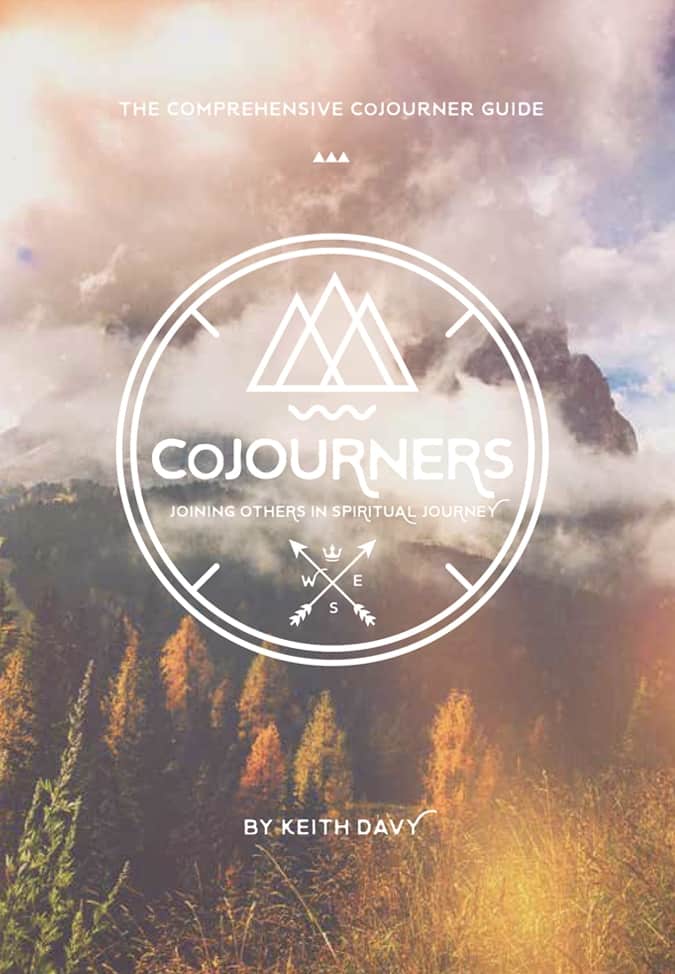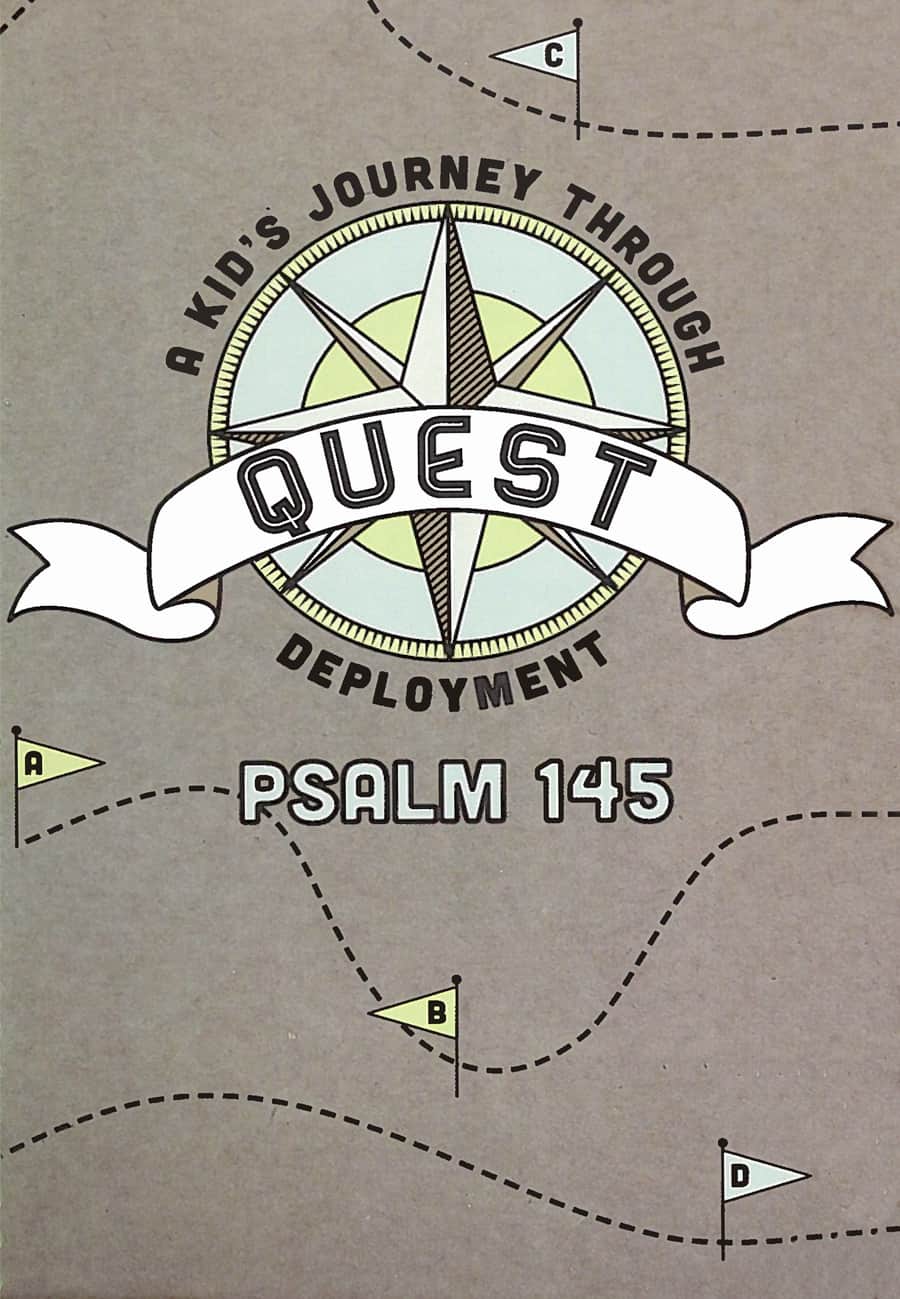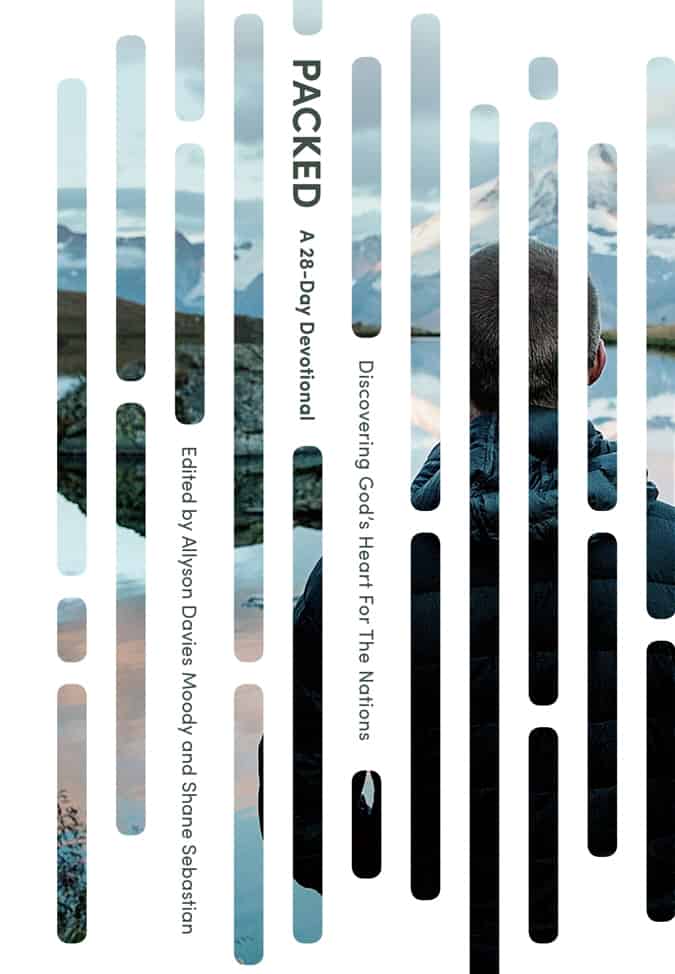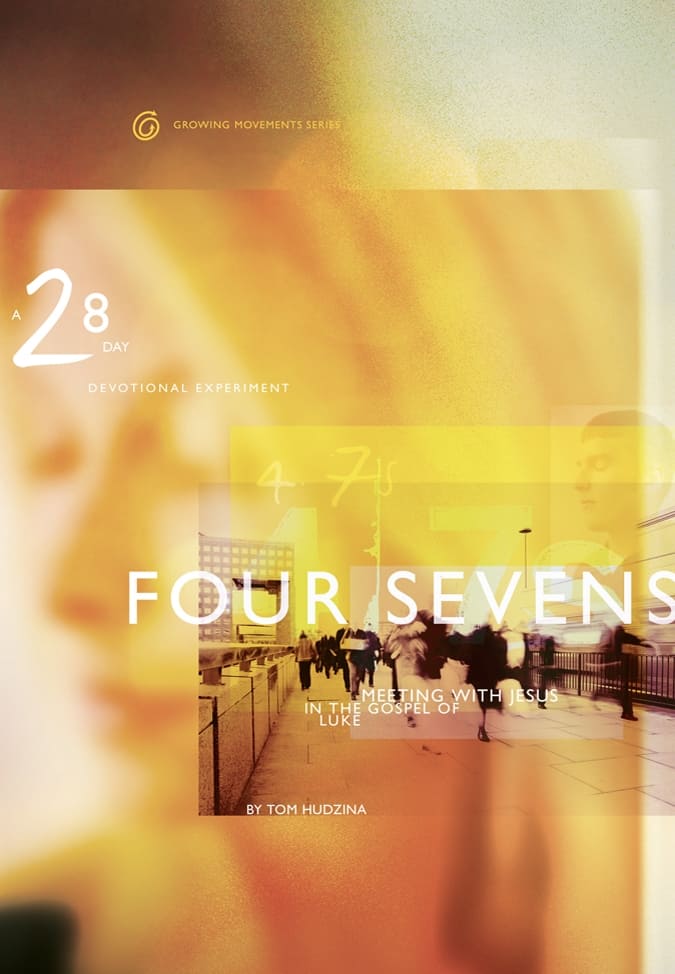Day 9: Sister Wives

“Now at last my husband will become attached to me, because I have borne him three sons.” – Genesis 29:34, New International Version
Great Nation
God planned to transform a chosen person, Abraham, into a chosen people. This would be the great nation that would experience the fulfillment of God’s promises. After a slow start, the nation-building got going by means of a birthing war between two sister wives.
Rachel and Leah
To escape family conflict, Abraham’s grandson, Jacob, left his home and went to the city of Haran to work for his uncle Laban. Jacob fell in love with and asked to marry Laban’s younger, beautiful daughter, Rachel. Laban agreed, but on the wedding night, he secretly substituted her older, unattractive sister, Leah. Jacob had to stay with Leah but also married Rachel, setting the stage for an epic contest of conception.
Desperate Housewives of Haran
In that society, a woman’s ability to produce children determined much of her worth. Jacob did his duty with both wives. Rachel remained shamefully barren, while Leah was birthing more babies than an episode of Call the Midwife. With each son, Leah hoped to finally earn the love of her husband.
Make Love and War
Both sister wives were miserable. The one who was loved was unfruitful. The one who was fruitful remained unloved, despite producing four sons.
With the score at 4-0, Rachel grew desperate. She easily persuaded Jacob to sleep with her maidservant, Bilhah, who conceived two sons for Team Rachel. Her team closed the gap to 4-2 in the birthing war.
Leah, temporarily infertile, pulled a similar stunt. She had the unprotesting Jacob sleep with her maidservant, Zilpah, who produced two more sons. This earned her a 6-2 lead.
Then Leah herself re-entered the fray with two more sons. 8-2.
At last, Rachel gave birth to her first child, Joseph, whose name means “may He add.” Obviously, she would not give up the competition. 8-3.
Finally, in a sad irony, Rachel died giving birth to the 12th and final son, Benjamin. 8-4.
Through this ancient daytime soap opera, God produced the 12 tribes of Israel (God changed Jacob’s name to Israel). Within six generations, their numbers grew to more than two million.
God made Abraham into a great nation.
Epilogue: Honor in the End
Jacob buried Rachel near Bethlehem. Many years later, he laid Leah to rest in the family tomb. Then, in his dying request, Jacob asked his sons to bury him with Leah, not Rachel (Genesis 49:29-31). After all those years, did this sister, who wasn’t even wanted, become a loving companion and his comfort in old age?
That’s not all. We sometimes make fun of the long boring genealogies in the Bible. Yet Matthew hides a fitting comment on this drama in his genealogy (Matthew 1:1-3). The family tree of Jesus, our Savior, goes through Abraham, Isaac, Jacob, and then Judah the son of Leah. God chose the “unchosen” one to be in His family line, an honor that will last for eternity.
Next: The 11th son of Jacob became the means of first saving, then enslaving, God’s people.
Questions:
- In what ways do you relate, or not relate, to Rachel and Leah and their situation?
- Do you think it’s OK that God uses family dysfunction to accomplish His purposes?
- Included in Jesus’ family tree are “unlovely” Leah, Tamar (who got pregnant by her father-in-law), and Rahab, a prostitute. Why would He include such ancestors?
- If you could give Leah some advice early on in her marriage, what would that be?
Going Deeper:
- Read Genesis 29:1-31:24












